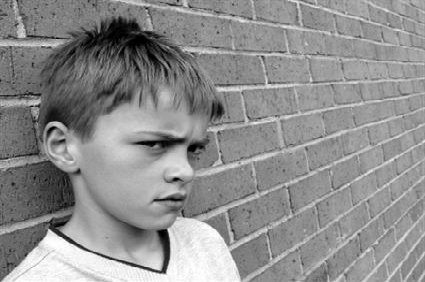 Anger: A Natural Reaction
Anger: A Natural ReactionHow adults express their emotions will influence the reactions of children and youth. Parents and teachers can help youngsters manage their feelings by both modelling healthy coping strategies themselves and closely monitoring their own emotional state and that of the children in their care.
It is not uncommon to feel any or all of the following:
These reactions are often closely linked and can be difficult to separate, (e.g., where does grief end and outrage begin). Children, in particular, may have trouble understanding and talking about their feelings. Emotional reactions take place over a period of time and may not happen in any particular order. They can affect our behaviour, our ability to function, and our overall sense of well-being. The intensity and ways we express our reactions will vary depending on our personal experience, general mental health, other stress factors in our lives, our coping style, our ability to self-monitor our emotional state, and our support network. This is true for both adults and children. Children of all ages may need guidance and support from the significant adults in their lives (parents, teachers, coaches, etc.) as they work through their thoughts and emotional reactions to the event.
 Anger: A Natural Reaction
Anger: A Natural ReactionFor many people, adults and children alike, anger will be a natural extension of other emotions because it is a defensive mechanism that makes us feel more in control. Adults must ensure that children do not "take out" their anger in inappropriate ways, such as lashing out at classmates or staff. The key is to direct anger and other strong emotions in socially and psychologically healthy ways.
The first step in helping children manage their anger is getting your anger under control. Be aware of cues in your own behaviour. If necessary, ask someone you trust (a family member, friend or colleague) to give you feedback on your anger reaction. Observe the behaviour of other adults around you and your child(ren) and be supportive if they show signs of increased anger.